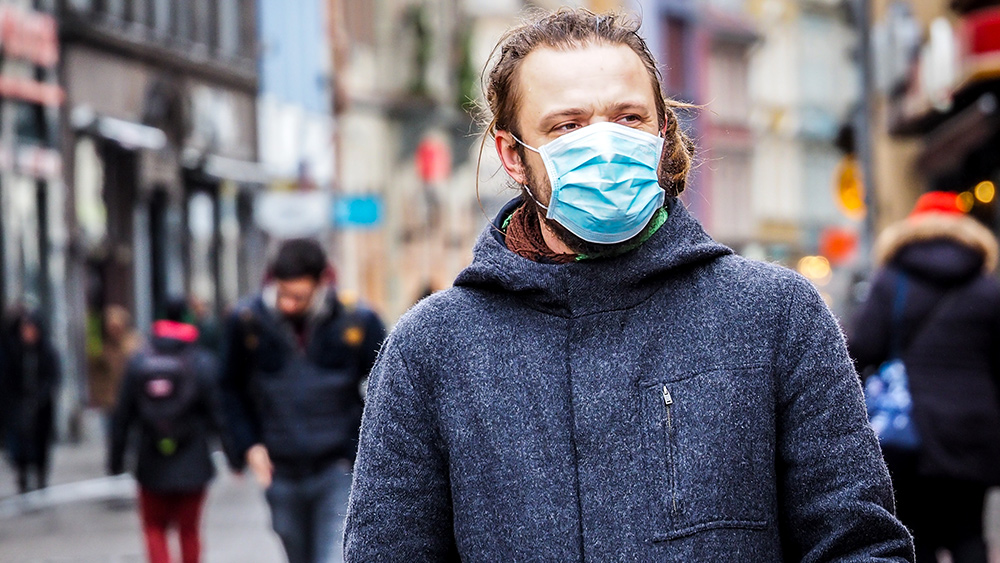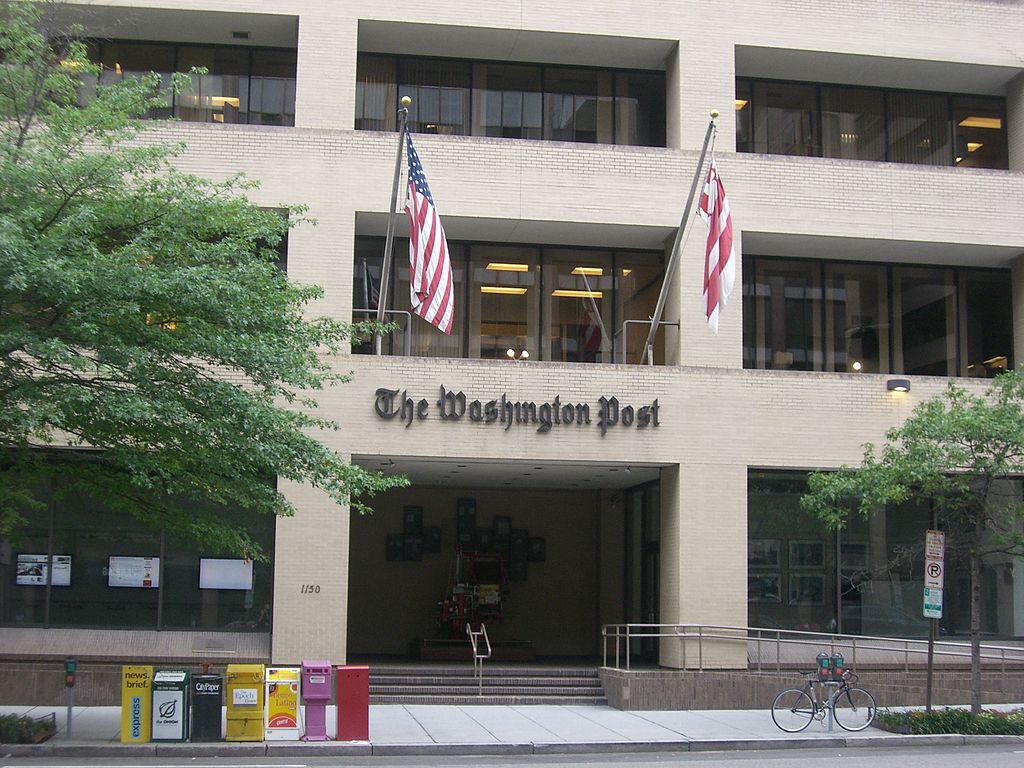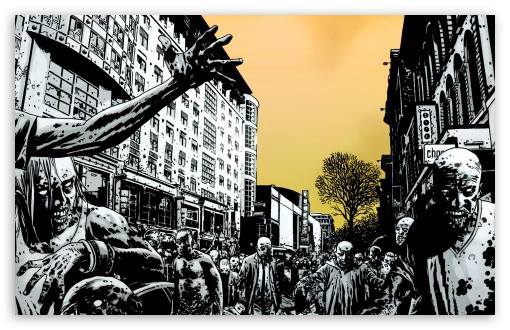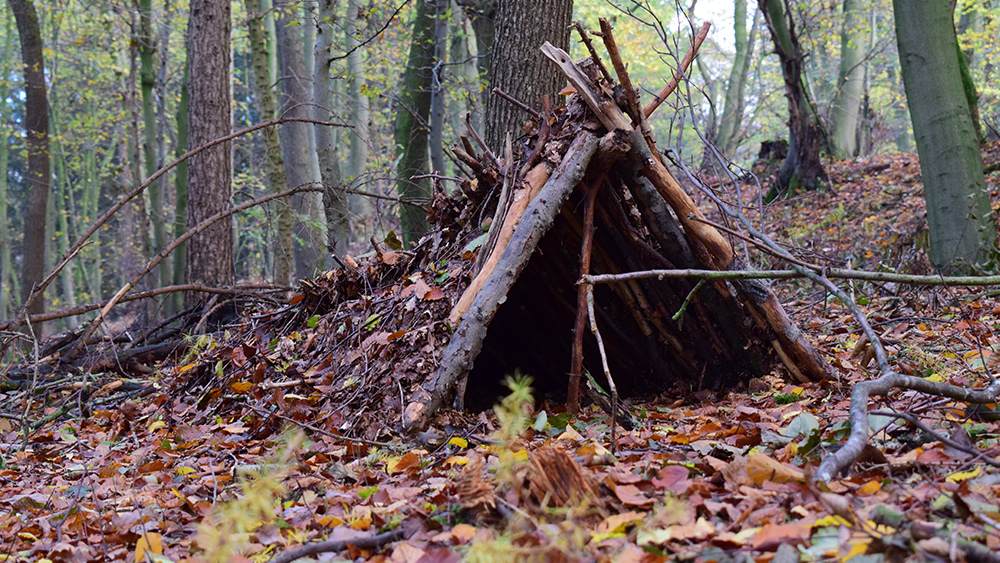
Preppers are always ready for the inevitable. Months before the coronavirus (COVID-19) pandemic began in the U.S., preppers already had stockpiles full of supplies, and some have even readied their hideouts in safe, secluded areas known only to them.
However, millions of regular American citizens struggle to keep their jobs and feed their families amid the pandemic. In recent months, riots have caused disturbances throughout the country, and now, a real estate expert warns that people will continue to leave busy cities and head to quieter, safer suburban areas.
Signs of a two-year "exodus"
According to Hessam Nadji, President and CEO of Marcus & Millichap, one of the largest commercial real estate brokers in the U.S., this "exodus" may continue for at least another two years.
During the last few months, there have been various reports about city dwellers leaving busy cities to seek the safety of small towns and the suburbs, with reasons such as escaping the continued spread of the pandemic and the socio-economic tensions steadily rising in cities across the country. (Related: Demand for rural and suburban properties skyrocket as more people are looking to get away from coronavirus, riots.)
This exodus will inevitably test if suburban areas can accommodate the surge in demand. Nadji explained that a lot of office vacancies in the suburbs have now been absorbed, coupled with an increase in demand for rental homes from city dwellers hailing from hot spots like New York.
Back in May, affluent New Yorkers started leaving the city for quieter rural communities after a spike in violent crimes. The New York City Police Department (NYPD) reported that murders in the city went up by 79 percent, shootings increased by 64 percent and burglaries went up by 34 percent.
Migrating millennials
These past few months, millennials who make up the majority of home buyers in metropolitan areas are now more interested in properties in the suburbs. Realtor.com data reveals that real estate searches in suburban zip codes went up by 13 percent in May, suggesting that the pace of urban growth has doubled as the market began to recover.
Marcus & Millichap reports that the largest cities in the country saw residents migrate to the outskirts, like New York City, Seattle and Miami. People from primary metro areas were also moving to secondary markets like Phoenix, Salt Lake City and Nashville, Tennessee.
Nadji explained that this trend started in the last two or three years. As 60 percent of millennials are now in their 30s, they were moving away from "the lifestyle of central business districts and the lack of commuting" and eyeing homes in the suburbs to start their own families.
The pandemic has contributed to the acceleration of this migration.
While the exodus is a normal reaction, Nadji said that it is unwise to “count out the long-term prospects of the benefits of central business districts."
For example, some businesses followed the residents who moved to the suburbs. Satellite campuses were even set up for workers who didn't want to commute and risk getting infected with the coronavirus.
Nadji posited that major cities could take at least three years to recover from this socio-economic nightmare. He added that it's unlikely that the public will “permanently” lose interest in central business districts because this is an “overreaction” to the pandemic, which should eventually be resolved after some time.
The real estate expert compared this response to the pandemic to the public's reaction to post 9/11 and their reluctance to stay in high-visibility high rises downtown. Nadji commented that 18 to 24 months later, people grew less concerned about these matters.
While Nadji paints a hopeful picture, things are much different in the country as it faces one of the most disastrous public health crises in recent years. Millions of Americans are also jobless and the economy is struggling to recover.
Although some businesses are adapting by allowing employees to work remotely, the lack of people in city centers could continue to spell trouble for the economy.
If anyone is to benefit from all this chaos, it could be baby boomers who have built homes in the late 1990s and early 2000s. In a pre-pandemic world, these homes may have been difficult to sell, but interest will be surging now that city dwellers are looking for homes in the suburbs.
Sources include:
Please contact us for more information.





















